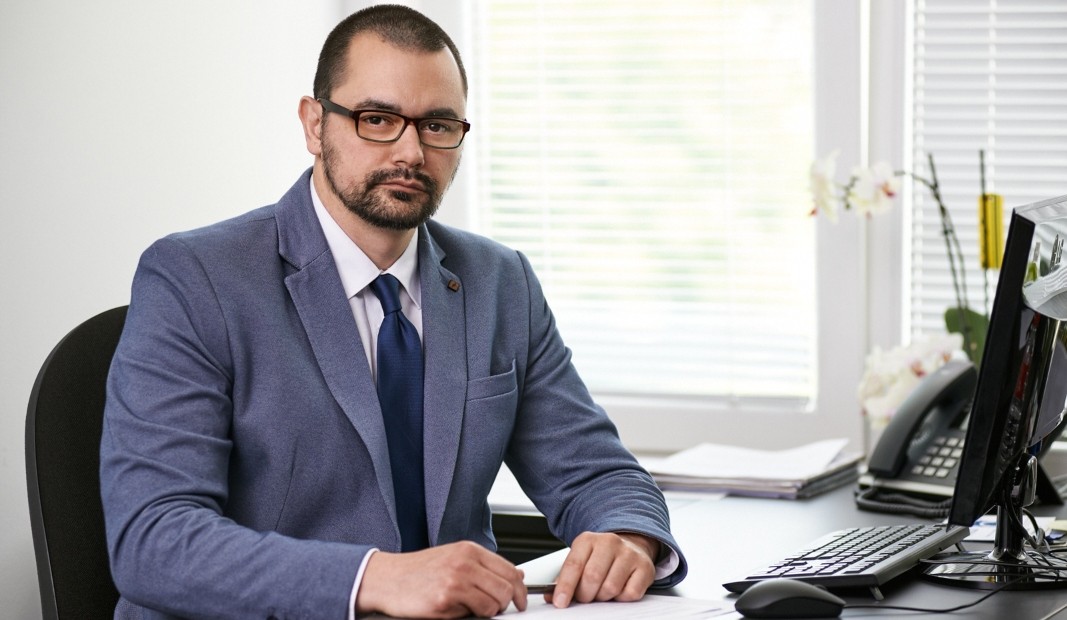Five reform-minded higher institutes of learning – the Université de Vincennes à Saint-Denis, France, the University of Konstanz-Germany, Roskilde University-Denmark, The University of the Aegean-Greece, and New Bulgarian University-Bulgaria are to hold a meeting in Sofia from 2 to 4 December.
The first annual meeting of the European Reform University Alliance, ERUA, which is to take place online, is to be hosted by New Bulgarian University, which was established after the 1989 democratic changes in Bulgaria. In the words of its Vice Rector, who is in charge of international relations, Assist. Prof. Dimitar Trendafilov, the ERUA universities have put through reforms, giving the systems of education in their countries something new. Now, they are ready to organize educational infrastructure and offer new-generation opportunities that will advance higher education in the EU for decades to come:
“The European universities project, as such, means we shall put forward new learning options, mobility, cooperation in the sphere of knowledge. The idea is very ambitious and it opens new doors to these five reform universities, putting them at the forefront of the changes education will undergo.”

The aim is to lay the foundations of a future university without borders, where university education and scientific research will be “reimagined”, as will the forms of education within the community and connectivity among universities.
“The five universities are rather well known for their diverse programmes with a focus on humanities, especially on social sciences. This will be our starting point. I am not ruling out other academic disciplines in other spheres of knowledge, by no means. The meeting our university is hosting is of strategic importance because we have been working with these partners for over a year and we need to take a look back at what we have accomplished in terms of organization and of study.”
The next step is to modernize the campuses of the universities, to raise the technological and administrative capacity, virtual learning and to create modern and flexible educational formats. The idea is to leave the classical-type campuses behind and to bring in partners representing businesses and NGOs in the respective country. The role of the Bulgarian university is to organize trainings and different events to popularize the products of this cooperation, and also to attract students and local organizations for developing the progammes and the research projects of the Alliance. “This project is targeted at ordinary students as well – from bachelor to masters level – who want to be involved in research work together, to travel under the Erasmus+, but also virtually,” Dimitar Trendafilov says.

“And as the Alliance means a high degree of flexibility, we could partner up with our colleagues from France, for example, on one topic, with our colleagues from Germany – on another, and at the same time work with our colleagues from Greece and Denmark on something else entirely. And after the enlargement of the Alliance the new partners will bring in new ideas and opportunities of making maximum use of this flexibility. I personally am happy that this year a great many ideas were born for cooperation such as this, and also ideas regarding what kind of students should be included. There is such a linguistic diversity in Europe and we want to avail ourselves of the opportunity of boosting interest in the languages we speak. We are hoping their number will grow as new partners join in. This is one more cooperation channel we are creating and we expect more and more students to get interested in what we are doing together.”
Photos: erua-eui.eu, nbu.bg
President Rumen Radev's "Support a Dream" charity initiative has attracted the support of musicians, stylists, designers and donors, the head of state's press secretariat said. A prom hosted by the president each spring brings together high school..
The Speaker of the National Assembly Natalia Kiselova will today award the winners of the 32nd Children's Easter Festival in the Serbian town of Bosilegrad. The children will compete in three categories – for the strongest, most beautiful and most..
A colorful Easter celebration under the slogan “Let’s sing and dance on Easter, on the square” will take place today in the open air in the town of Stara Zagora. A number of folklore groups and singers from the region will take care of the good..
Sugar artist Mariya Ozturk's latest masterpiece - a model of St Peter's Basilica in Rome - prompted us to reach out to our fellow Bulgarian during the..
The Speaker of the National Assembly Natalia Kiselova will today award the winners of the 32nd Children's Easter Festival in the Serbian town of..
The Bulgarian-American Cultural Association “Rosa” in Atlanta invited our compatriots to celebrate Easter today from 1:00 p.m. local time at..

+359 2 9336 661
